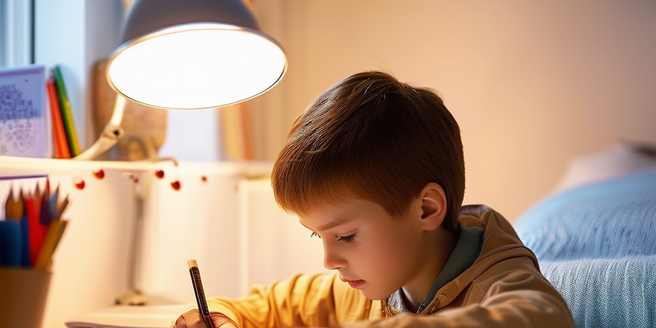
Why Responsibility is Important for Children
Teaching responsibility to children is crucial for their development. By understanding the importance of responsibility, children learn to be accountable for their actions, which helps them build a sense of self-discipline and self-esteem. Responsible children grow into adults who can manage their time, work towards goals, and handle stressful situations more effectively. It also empowers them to make better decisions by evaluating possible outcomes. Additionally, this skill aids in developing problem-solving abilities that are vital in everyday life. Moreover, instilling responsibility fosters empathy and social skills, as children learn the consequences of their actions on others. Hence, teaching responsibility is an essential aspect of parenting that prepares children for the complexities of adult life.
Age-Appropriate Chores and Tasks
Assigning age-appropriate chores and tasks helps children learn responsibility in a practical way. For young children, simple tasks like picking up toys or helping set the table can instill a sense of contribution. Consistent reinforcement and encouragement are key in building these habits. As children grow, more complex chores like doing laundry, gardening, or helping with grocery shopping can be introduced. These tasks not only teach responsibility but also impart essential life skills. By gradually increasing the difficulty of chores, children can build confidence and competence. Parents should ensure that the chores are appropriate for their child’s age and abilities, promoting a sense of achievement and independence as they successfully complete each task.
Techniques to Encourage Accountability
To encourage accountability in children, parents can use various techniques such as setting clear expectations, being consistent with rules, and using positive reinforcement. Clear communication about what is expected and why it is important helps children understand their responsibilities. Consistency in enforcing rules ensures that children know the boundaries and the consequences of not meeting expectations. Regularly reviewing and adjusting expectations can also be beneficial. Encouraging self-reflection in children can help them understand the impact of their actions. Positive reinforcement, like praise or rewards for fulfilling responsibilities, can motivate children to take their duties seriously. Additionally, discussing mistakes and learning from them can be a constructive method to promote accountability without discouragement.
Using Rewards and Consequences Effectively
When teaching responsibility, using rewards and consequences effectively is essential. Positive reinforcement, such as verbal praise, stickers, or extra playtime, can motivate children to continue displaying responsible behavior. On the other hand, consistent and fair consequences for failing to meet responsibilities, like losing privileges or additional chores, can underscore the importance of accountability. Communicating expectations clearly is also crucial in helping children understand what is required of them. Additionally, it’s important to ensure that the rewards and consequences are age-appropriate and meaningful to the child. The key is to balance rewards and consequences in a way that they complement each other, guiding children to understand that responsible actions lead to positive outcomes while irresponsible behavior has repercussions.
Building Long-term Responsible Habits
Building long-term responsible habits involves creating routines and setting consistent expectations from an early age. Parents can model responsible behavior, as children often imitate adults. Using visual aids like charts or checklists can help children keep track of their responsibilities. Encouraging open communication about responsibilities can also be beneficial. Children benefit greatly from seeing responsible actions practiced regularly in their daily lives. Establishing regular schedules for tasks like homework, chores, and bedtime helps children develop a sense of reliability. Encouraging goal-setting and celebrating achievements, no matter how small, can further reinforce responsible behavior. Over time, these practices help children internalize the value of responsibility, making it a fundamental part of their character as they grow into adulthood.
